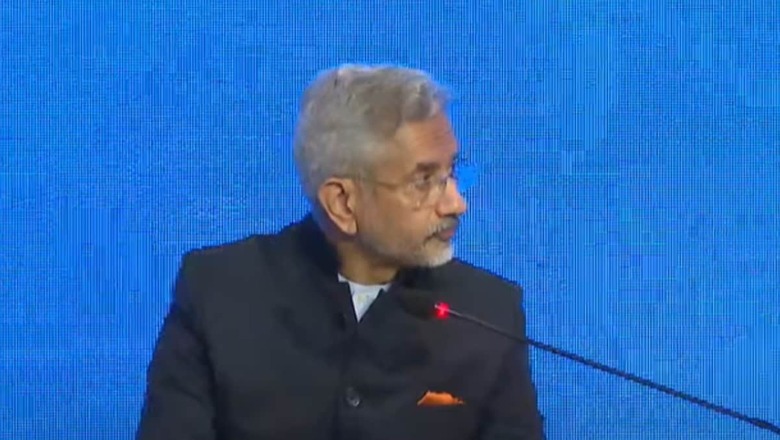
views
Underlining the imminent need for a “radical change” in the global order, External Affairs Minister S. Jaishankar on Thursday asserted that the world can’t continue in an international system rooted in the post-Second World War period.
Speaking at a panel discussion at the Raisina Dialogue, Jaishankar said, “When the UN was invented, it had approximately 50 members. We have four times the members. So, it’s a commonsense proposition that you can’t continue the same way when you have four times the members.” His answer came in response to a question if the global system should be reformed or overhauled.
VIDEO | Here’s what External Affairs Minister S Jaishankar (@DrSJaishankar) said while speaking at Raisina Dialogue 2024.“If you poll countries, the sentiment for change is very strong. The problem is, in many cases, the very people who are the problem are also the people whose… pic.twitter.com/sNvRe00fhv
— Press Trust of India (@PTI_News) February 22, 2024
During a session titled “A Tapestry of Truths: Can the Two Hemispheres Agree?”, Jaishankar said, “If you look at the last five years, for all the big issues, in a way, we have not been able to find a multilateral solution. So, the lack of results demonstrates the case for reform.” Speaking about globalisation and a larger global rebalancing, Jaishankar contended that the “world trading rules have been gamed.” “We have a lot of our challenges today also emanate from how countries have used that for their benefit at the expense of the international system,” he said.
‘Vishwa Mitra’
Citing examples of the Covid period and recent regional conflicts, the external affairs minister described India as the “bridging power” in the international system. “A lot of what India is trying to do is a sort of multi-vector policy. In our language, we call it Vishwa Mitra — a friend of the world,” he said while referring to the term used by Prime Minister Narendra Modi at the recently held Vibrant Gujarat Global Summit.
Answering a question on how to find common ground with global challenges in an increasingly multipolar world, Jaishankar said, “The endeavour will be to find a middle ground. But the reality in many cases is we won’t find a middle ground.” He said that in addition to the old issues dividing developing countries and developed nations, there are also new issues like the big debates of the day: connectivity, debt, and trade.
These are not necessarily all originating from the West, he said. “So, the West, as the dominant force earlier, is largely responsible for where we are today. The new players haven’t helped. “If you take UN Security Council reform, the biggest opposer is not a Western country,” he said in an apparent dig at China. “So, let’s get the totality of the problem right. We have to battle bit by bit to create groups for change,” he added.
Jaishankar’s remarks come as four out of five permanent members of the UN Security Council have supported India’s candidature for a permanent seat in the top world body. However, Beijing continues to keep its cards close to its chest. Moreover, over the years, the country has blocked New Delhi’s proposal to designate Pakistan-based terrorists on several occasions.










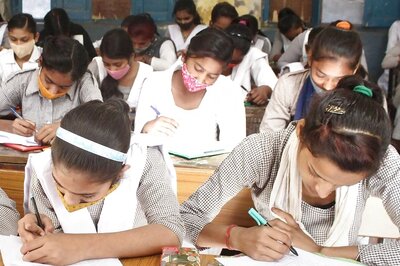
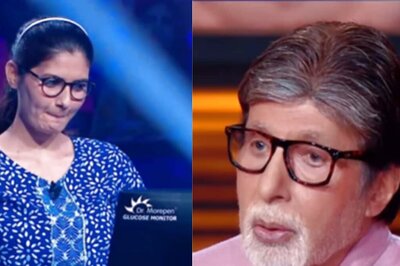


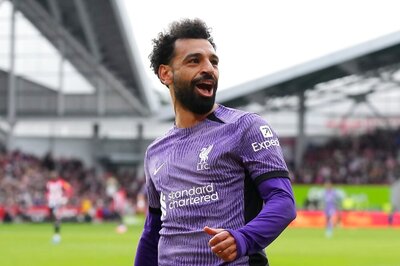
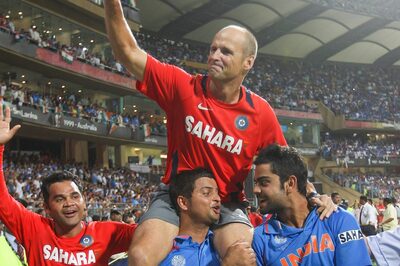



Comments
0 comment